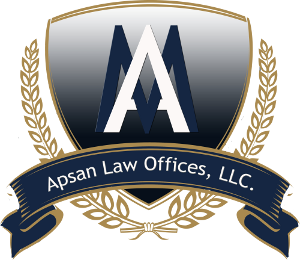J-1 Exchange Visitors
Professional guidance for exchange visitors seeking J-1 visas for education, research, and cultural exchange
Exchange Visitors
The J-1 classification (exchange visitors) is authorized for those who intend to participate in an approved program for the purpose of teaching, instructing or lecturing, studying, observing, conducting research, consulting, demonstrating special skills, receiving training, or to receive graduate medical education or training.
Program Administration
In carrying out the responsibilities of the Exchange Visitor Program, the Department of State designates public and private entities to act as exchange sponsors. J-1 nonimmigrants are therefore sponsored by an exchange program that is designated as such by the U.S. Department of State. These programs are designed to promote the interchange or persons, knowledge, and skills, in the fields of education, arts, and science.
Examples of Exchange Visitors
Examples of exchange visitors include, but are not limited to:
Application Process
Department of State Role
The U.S. Department of State plays the primary role in administering the J-1 exchange visitor program, so the first step in obtaining a J-1 visa is to submit a Form DS-2019, Certificate of Eligibility for Exchange Visitor Status, (formerly known as an IAP-66). This form will be provided by your sponsoring agency.
Working with Your Sponsoring Agency
You should work closely with the officials at your sponsoring agency who will be assisting you through this process. An official who is authorized to issue Form DS-2019 is known as a Responsible Officer (RO) or Alternate Responsible Officer (ARO).
Your RO or ARO will explain to you what documents are needed in order to be issued a DS-2019.
Visa Application Process
After you have obtained a Form DS-2019, you may then apply for a J-1 visa through the U.S. Department of State at a U.S. embassy or consulate.
Important Timing Information:
- • The waiting time for an interview appointment for applicants can vary
- • Submitting your visa application as early as possible is strongly encouraged
- • You may not enter the United States in J-1 status more than 30 days before your program begins
Employment
Some J-1 nonimmigrants enter the United States specifically to work (as a researcher, nanny, etc.) while others do not.
Employment Authorization:
Employment is authorized for J-1 nonimmigrants only under the terms of the exchange program. Please check with your sponsoring agency for more information on any restrictions that may apply to you working in the United States.
Family of J-1 Visa Holders
J-2 Classification
Your spouse and unmarried children under 21 years of age, regardless of nationality, are entitled to J-2 classification.
Work Authorization for Family Members
Your spouse and children are entitled to work authorization; however, their income may not be used to support you.
To apply for work authorization as a J-2 nonimmigrant, your spouse or child would file Form I-765, Application for Employment Authorization.
Why Choose Apsan Law for J-1 Exchange Visitor Services
Our Expertise
Our Services
Ready to Start Your J-1 Exchange Visitor Journey?
Contact our experienced immigration attorneys for personalized guidance on your J-1 visa application
